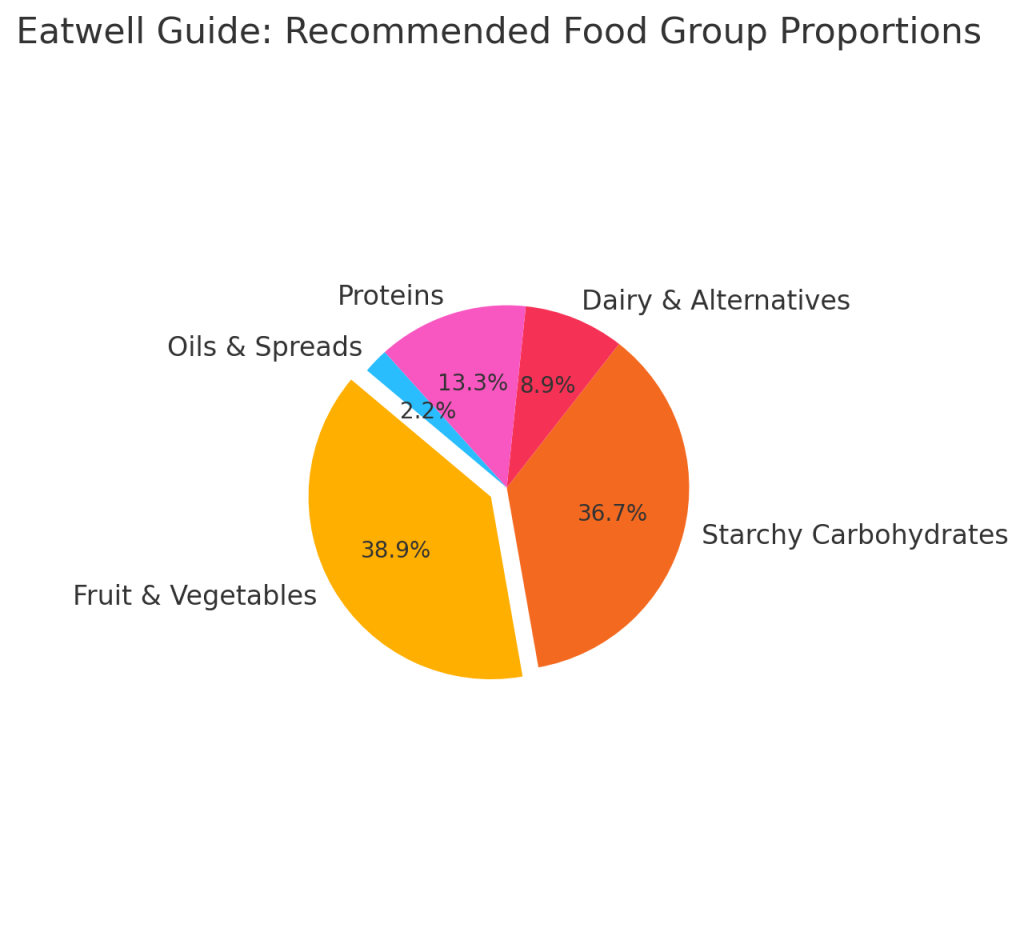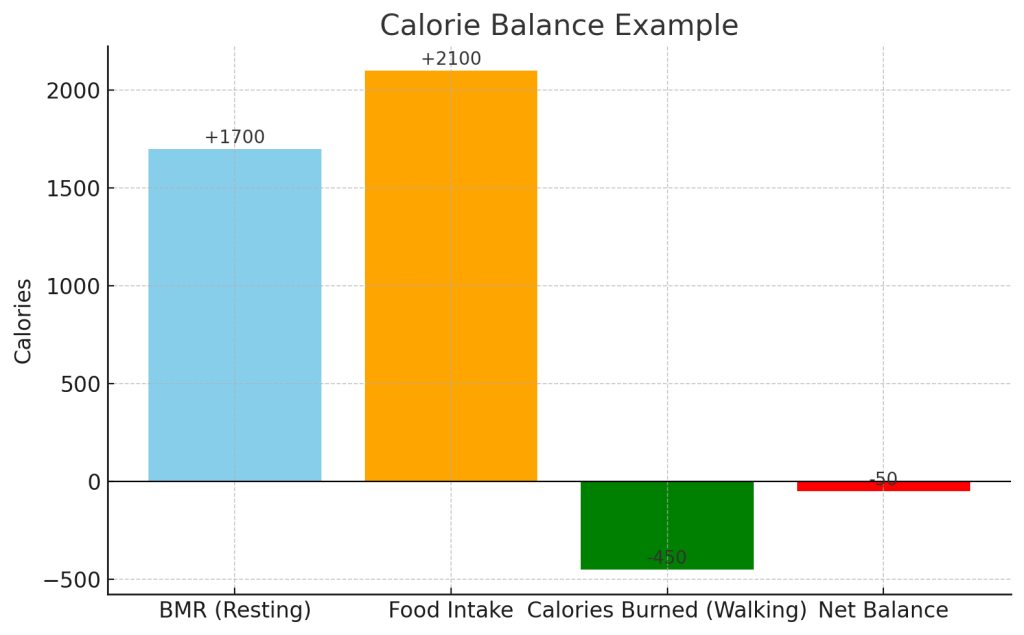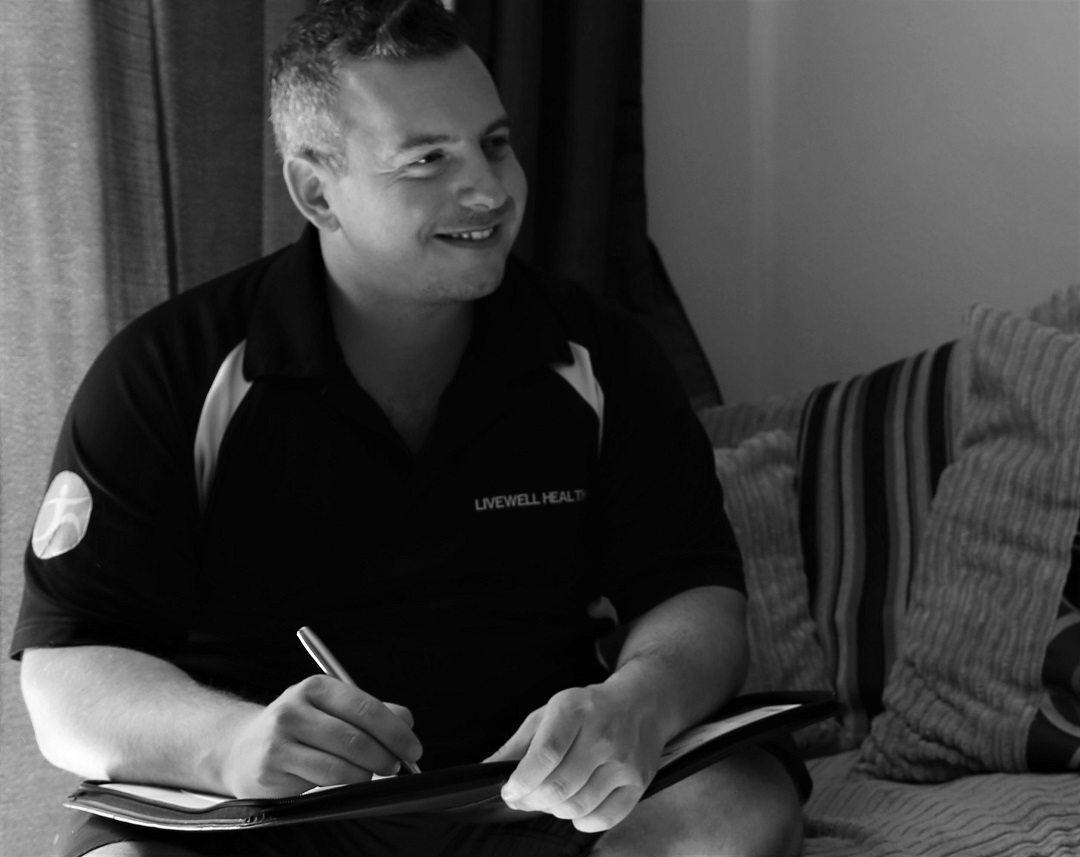What is a Balanced Diet?
A balanced diet is the foundation of good health and well-being. It ensures your body receives all the essential nutrients it needs to function optimally. But what exactly does a balanced diet involve, and how do you put it into practice in daily life? In this article, we explore the key components of a balanced diet, the importance of energy balance, and how diet and exercise work together to support a healthy lifestyle.
What Makes a Diet ‘Balanced’?
A balanced diet occurs when your daily intake includes the essential nutrients required to support your body’s needs. These nutrients support everything from muscle repair and immune function to energy levels and organ health. The main categories of essential nutrients are:
- Carbohydrates
- Proteins
- Fats
- Vitamins and Minerals
- Fibre
- Water
Carbohydrates, protein, and fats are referred to as macronutrients. These are needed in larger amounts and are the primary sources of energy for your body.
Understanding the Macronutrients
Carbohydrates:
These are your body’s preferred energy source. Found in foods like bread, rice, pasta, fruits, and vegetables, carbohydrates fuel your brain, muscles, and organs. Complex carbs like whole grains and legumes are especially beneficial due to their fibre content.
Protein:
Essential for muscle repair, growth, and immune function. Protein can be found in meat, fish, eggs, dairy, legumes, and plant-based sources like tofu and quinoa.
Fats:
Often misunderstood, healthy fats are vital for hormone production, brain health, and energy storage. Include unsaturated fats from sources such as nuts, seeds, avocados, and oily fish.
The Eatwell Guide: Your Visual Nutrition Reference
The UK government’s Eatwell Guide provides a simple and effective way to understand how to balance your plate. It recommends:
- A large portion of fruits and vegetables
- Wholegrain starchy carbohydrates
- Moderate amounts of dairy or dairy alternatives
- Lean sources of protein
- Small amounts of unsaturated fats
- Plenty of fluids (6–8 glasses of water daily)
Balance does not need to be achieved at every meal, but aiming for this distribution across the week supports overall nutritional health.

Energy Balance: Calories In vs Calories Out
One of the most crucial aspects of maintaining or achieving a healthy weight is understanding calorie balance:
- Weight gain occurs when you consume more calories than you burn.
- Weight loss occurs when you burn more calories than you consume.
Calories are burned in two primary ways:
- Basal Metabolic Rate (BMR): The calories your body burns at rest to keep you alive (breathing, digestion, circulation).
- Physical Activity: Movement throughout the day (both exercise and daily tasks).

How to Calculate Your BMR
Your BMR depends on age, gender, weight, height, and overall health. Here are two common formulas:
- Men: 66.47 + (13.75 x weight in kg) + (5.003 x height in cm) – (6.755 x age in years)
- Women: 655.1 + (9.563 x weight in kg) + (1.85 x height in cm) – (4.676 x age in years)
Example: John is 30 years old. His BMR is approximately 1700 calories. He consumes 2100 calories daily. To enter a calorie deficit and promote weight loss, John adds a daily 60-minute walk, burning an extra 450 calories. This puts him into a sustainable deficit, leading to gradual weight loss.
How Diet Affects Weight
Highly processed and high-fat foods often contain significantly more calories than whole, nutrient-dense alternatives. A diet consistently high in saturated fat and low in nutrients can contribute to unwanted weight gain, especially when combined with low activity levels.
- Processed foods = high in calories, low in nutritional value
- Whole foods = nutrient-dense, naturally lower in calories
Fibre, Vitamins, Minerals, and Water
Fibre:
Supports digestion and helps keep you full. Found in whole grains, fruits, vegetables, legumes, and seeds.
Vitamins and Minerals:
Essential for immune health, bone strength, energy production, and more. Achieve this through a varied diet rich in colourful vegetables, fruit, nuts, seeds, and lean proteins.
Water:
Often overlooked, water is vital for every cellular function. Aim for at least 6–8 glasses per day, more if active or in hot weather.
Movement and Exercise
You don’t need to run marathons to burn calories. Your body burns energy even at rest, but activity increases your calorie output.
NEAT (Non-Exercise Activity Thermogenesis):
Low-intensity movements that still burn calories. Examples include:
- Walking
- Household chores
- Gardening
- Light movement throughout the day
Exercise:
Structured activity is a great way to support weight management and improve health:
- Cardio: Walking, running, cycling, swimming
- Strength Training: Weight lifting, resistance bands, bodyweight exercises
- Pilates & Yoga: Improve flexibility, strength, and reduce stress
- Sports: Football, hockey, tennis, etc.
Targeting Belly Fat: What You Need to Know
Many people want to reduce belly fat specifically. Unfortunately, spot reduction (targeting fat loss in one area) is a myth. Fat loss occurs across the entire body.
The best approach is:
- Create a calorie deficit through diet and movement
- Build a consistent exercise routine
- Incorporate abdominal strengthening exercises like crunches, planks, and leg raises
- Maintain sustainable habits over time
As your body fat percentage drops, so too will fat in the abdominal area, along with the rest of the body.
Key Takeaways for a Balanced Lifestyle
- Balance your plate: Follow the Eatwell Guide for nutrient variety
- Stay hydrated: Water is essential for all functions
- Move more: Aim for a mix of NEAT and exercise
- Track your intake: Awareness leads to better decisions
- Prioritise whole foods: Less processed, more nutrients
- Be consistent: Small changes over time lead to lasting results
A balanced diet isn’t about restriction or perfection. It’s about nourishing your body, making informed choices, and supporting your goals—whether that’s weight loss, muscle gain, or simply feeling better day-to-day. Focus on variety, moderation, and sustainability, and you’ll build habits that support health for life.
If you’re unsure where to start, consider speaking to a nutritionist, personal trainer, or health professional for personalised advice tailored to your goals.
Alternatively contact a member of our team and we can work with you on your nutrition, exercise and general wellbeing / recovery all in one place.


